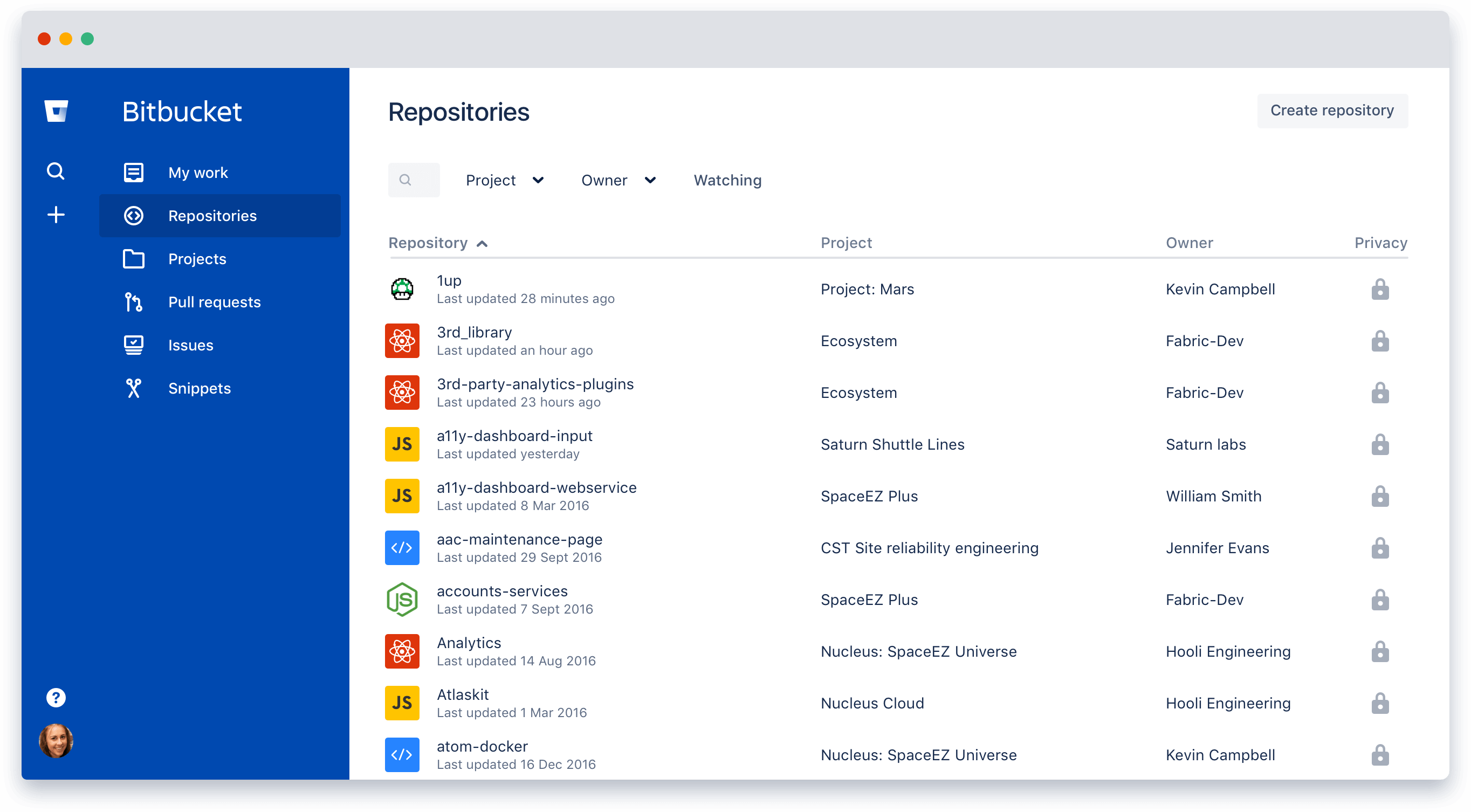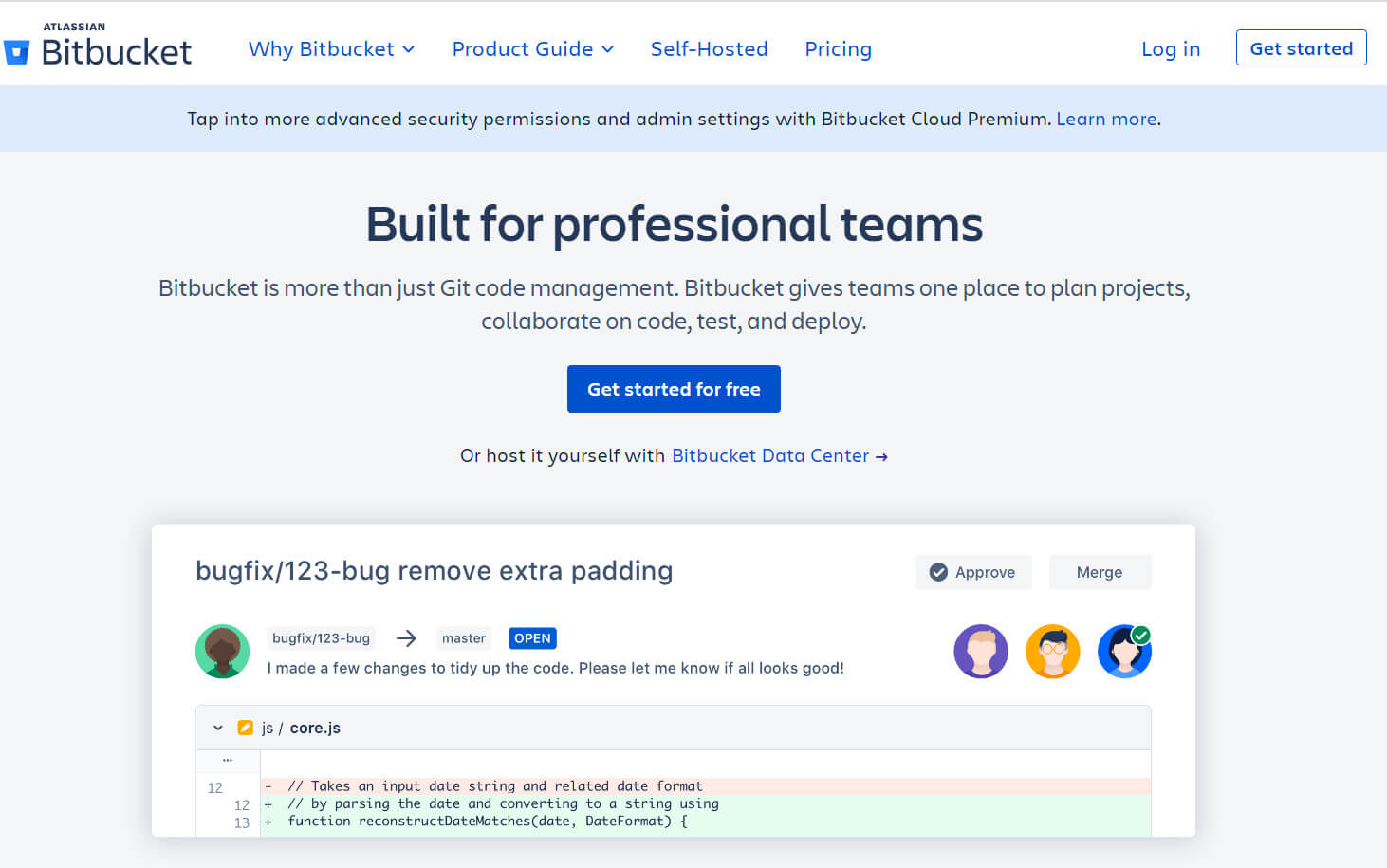
If you are working with an extremely large monorepo, then these tradeoffs are more likely to be worthwhile or even necessary to interact with Git at that scale!īefore digging in on this topic, be sure you are familiar with how Git stores your data, including commits, trees, and blob objects. Each option breaks at least one expectation from the normal distributed nature of Git, and you might not be willing to make those tradeoffs. What if there was a better way? Could you get started working in the repository without downloading every version of every file in the entire Git history? Git’s partial clone and shallow clone features are options that can help here, but they come with their own tradeoffs. This is only fully realizable if you have all reachable data in your local repository. This means that you can work on your machine without needing a connection to a central server that controls how you interact with the repository. Git is designed as a distributed version control system. As your Git repositories grow, it becomes harder and harder for new developers to clone and start working on them. Here is how it will look on your prompt once you've configured it: nick-macbook-air:~/dev/projects/stash$Īnd this is what you'll need to add to your. Wouldn't it be nice if you could see this information at your faithful command prompt? I thought so too so I started tapping with my bash chopsticks and cooked it up.

Tip of the day: Ahead/Behind numbers in the promptĪfter a fetch, git status shows you how many commits you are ahead or behind of the synced remote branch. Rewriting history of shared repositories and branches is something you should NEVER do. Note: You should do this only when working with your own fork.

Personally I prefer to keep the history as clean as possible and go for option three, but different teams have different workflows. You have a few options: git push -f origin feature-x

BITBUCKET CHECKOUT IN SOURCETREE NOT WORKING UPDATE
Git checkout -b feature-x #some work and some commits happen #some time passes git fetch upstream git rebase upstream/main Publish with git forkĪfter the above steps, publish your work in your remote fork with a simple push: git push origin feature-xĪ slight problem arises if you have to update your remote branch feature-x after you've published it, because of some feedback from the upstream maintainers. In a standard setup, you generally have an origin and an upstream remote - the latter being the gatekeeper of the project or the source of truth to which you wish to contribute.įirst, verify that you have already setup a remote for the upstream repository, and hopefully an origin too: Let me start by detailing a common setup and the most basic workflow to interact with upstream repositories. Git upstream: Keep up-to-date and contribute In this blog, I’ll introduce you to the basics, the gotchas, and even leave you with a cool tip to get you ahead of the curve. To make sure all contributors are drawing from the same place, you’ll need to know some principles of how git forking interacts with git upstream. But if you’re not sending those changes back upstream-which means sending it back to the parent repository-you’re at risk for losing track of them, which can cause divergent lines in your repository. Forking projects to make your own changes lets you easily integrate your own contributions.


 0 kommentar(er)
0 kommentar(er)
